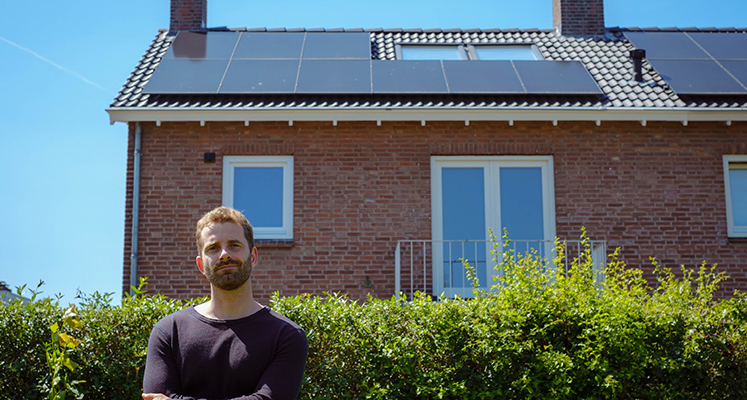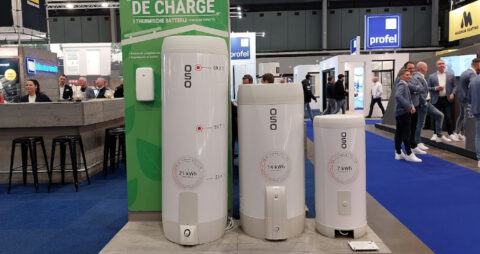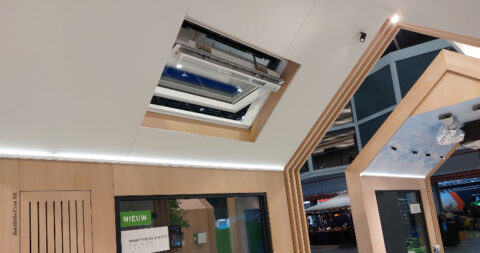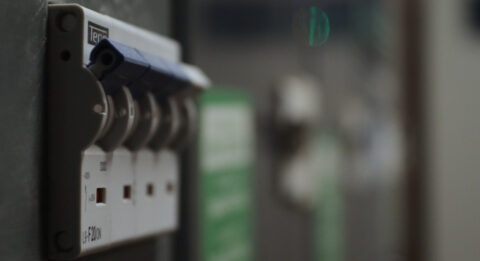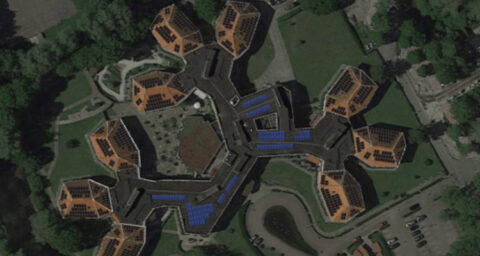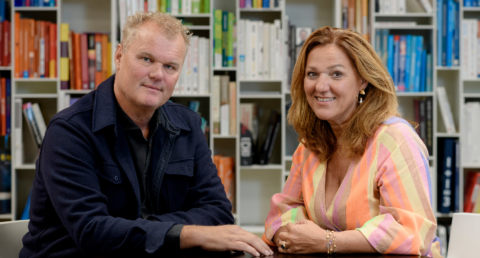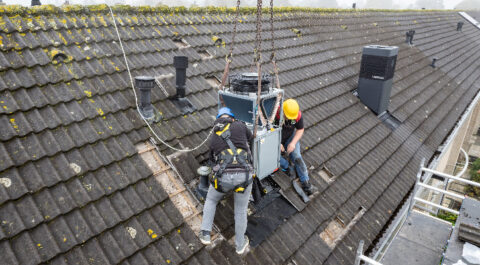Energy supplier Sunergy argues that solar panels will remain profitable even without a new subsidy scheme. This in response to a recent proposal by Vereniging Eigen Huis, the Woonbond, Aedes and the Consumentenbond for a new subsidy scheme for solar panel owners. Rolf Heynen, founder and director of Sunergy, calls the proposal "unnecessary" and advocates market forces.
According to Heynen, new subsidies unnecessarily complicate the market. "Let the market do its job," he advises. Sunergy argues that both existing and new solar panel owners can benefit from cost savings without additional government support.
"I've been working in the solar industry for 15 years and have seen up close and personal the impact of one-time subsidies, import taxes, and years of wrangling over the balancing scheme," Heynen said. He emphasizes that the playing field is different now than it was when the solar market was in its infancy.
Emotions
"The debate about solar panel owners is often guided by emotions rather than facts," Heynen states. He backs this up with figures from Sunergy, which show that existing solar panel owners can realize significant savings. By switching to dynamic energy contracts and applying smart energy use, they can save up to 35% on their energy costs over a ten-year period compared to fixed or variable contracts. Heynen emphasizes that solar panels also remain cost-effective for new installations. "Despite the planned phasing out of the balancing scheme, the payback period for new installations with a dynamic energy contract can be limited to about eight years," he explains.
The solar market in the Netherlands has experienced a turbulent period, with a sharp drop in new installations from 68,000 in June 2023 to 14,000 in August 2024. Currently, more than half of eligible households have solar panels.
Clarity
Heynen stresses the importance of long-term certainty for the market and advocates encouraging self-consumption and decentralized energy storage. "With a small 5kWh home battery, which costs roughly 3,500 euros today, it is enough to go from 30 to 70 percent self-consumption. Then you are only 30 percent dependent on your energy supplier, government and grid operators," he explains.
Sunergy calls on the government to quickly provide clarity on the future of the net-metering scheme, make solar panels on rental properties more attractive, encourage self-consumption and give the installation market perspective. Heynen states, "Now the market just needs very quick clarity. Give Minister Hermans the green light as soon as possible and create clarity."
While Heynen acknowledges that there are concerns about the future of solar energy in the Netherlands, he remains optimistic. "Partly thanks to the investments of three million consumers in solar panels, we have got the energy transition on track in the Netherlands. How nice it is that consumers co-invest and co-profit from the energy transition, that makes the solar panel the most democratic energy system."

